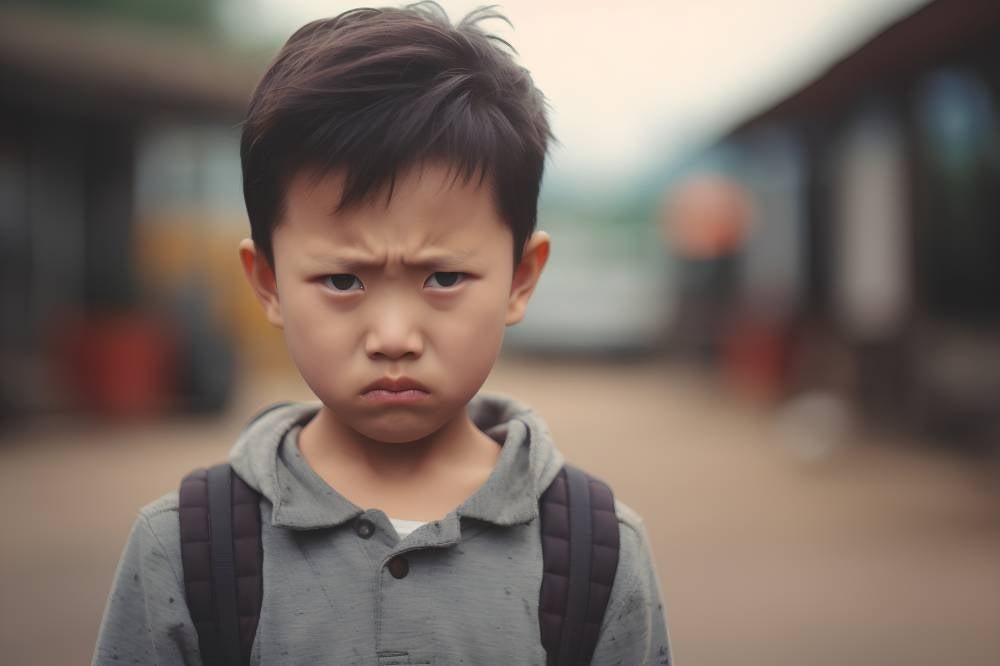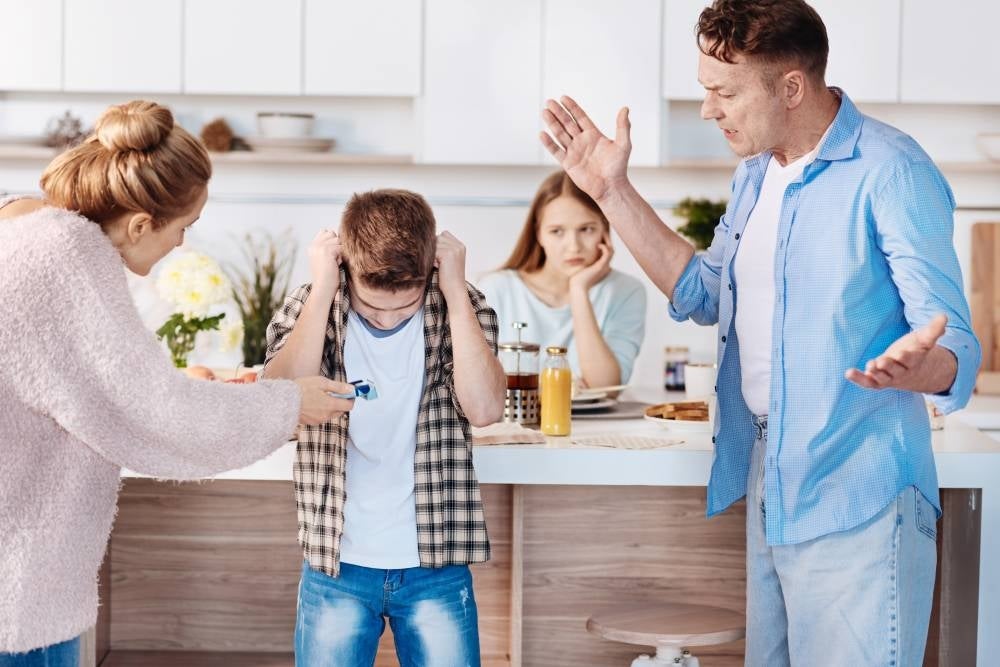Here's how yelling at your child does more damage than discipline

One of the challenges of parenthood is having to regulate your own emotions when the journey of parenting is inherently intertwined with emotional highs and lows.
Tantrums and misbehaviour by children are naturally personal triggers that can lead to a volcanic eruption of emotions, which typically includes yelling.
Yelling, particularly for most Asian households, is commonly used as a disciplinary tool. It may be a quick fix solution but the repercussions is a lingering echo.
As challenging as it is, parents must know how navigate their feelings when confronted with difficult situations. Here are some ways yelling may impact your child’s psychological behaviour in the future.
WORSEN BEHAVIOUR PROBLEMS
In many cases, children who are yelled at by their parents actually reiterate by increasing their misbehaviour. It’s a viscous cycle as the more the parent yells, the worse the child behaves. Also, it’s also important to remember that children often mirror their parents’ behaviour, so they may believe that yelling or speaking harshly is the only right way to communicate.

CHANGES IN BRAIN DEVELOPMENT
Yelling and harsh ways of communicating can actually change the way a child’s brain develops as the human brain processes negative events faster than positive ones. This is scientifically proven as magnetic resonance imaging (MRI) scans have previously shown noticeable differences in the parts of the brain that process sounds and language in a person who has experienced parental verbal abuse.
YELLING CAN LEAD TO DEPRESSION
Nobody likes being yelled at, even adults. For children, who are still developing their personality, getting yelled at tend to suffer low self-esteem and lack of confidence. They may find themselves not competent in performing various activities and will likely develop a poor self-image. This, will eventually lead to depression well into adulthood.
PHYSICAL HEALTH WILL BE AFFECTED TOO
Talking harshly to children is also a form of abuse as bad as other forms of child abuse. When they are on the receiving end of yelling or verbal threats, these can negatively impact their physical health too. Those who have been verbally abused are at greater risk of self-harm, drug use, or even physical problems such as obesity.
Here’s how you can prevent yourself from yelling at your child:
TIME OUT
Firstly, it’s crucial to identify your triggers and be aware of your immediate reaction. If you feel anger or frustration building, pause and take a few minutes to yourself to calm down so that your emotions are better regulated. In turn, you are able to respond to your child appropriately.

BE CALM BUT FIRM
Not yelling at your kids doesn’t mean you’re not disciplining them. There are ways to communicate with having to scream at the top of your lungs. Instead, be calm but firm while giving instructions.
USE CONSEQUENCES
Instead of threatening with punishment, use consequences to reinstate good behaviour. For example, you can restrict screen time or take away toys after a warning to ensure better behaviour from them.
REMEMBER THAT CHILDREN ARE STILL LEARNING
Sometimes we forget that children are stil learning about life. They are bound to test the waters, make mistakes - it’s the only way they will be able to learn more.










